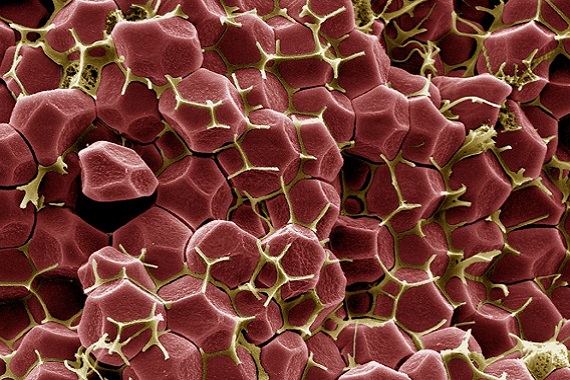

Jacob West, our Executive Director of Healthcare Innovation, talks about how we must ensure everyone can breathe cleaner air when the rebuilding begins after the coronavirus pandemic has passed.

In many people’s minds, the signature event which marks the start of post-war Britain is the foundation of the welfare state. Out of a state of crisis and extended hardship came a new settlement on health and social security, much of which endures to this day.
The Covid-19 pandemic is no global war. But in the rebuilding that follows this significant upheaval, we must create a new, healthier and greener settlement with society that embraces cleaner air in our towns and cities.
A significant and immediate improvement in overall air quality has been perhaps one of the very few welcome by-products of Covid-19’s impact.
A toxic fog has lifted in scores of big cities across the globe – and it is already prompting policy makers to consider action to preserve this.
Toxic air cannot return
Milan, among the most polluted cities in Europe, is leading the way by announcing a scheme to reduce car use after lockdown eases, expanding cycling and pedestrianised areas in the Italian city.
In Britain, and indeed across Europe, politicians and policymakers must follow suit and ensure that toxic air doesn’t return.
Initial research findings suggest that higher levels of air pollution could be a key contributor to Covid-19 deaths, but even before the pandemic upended everyday life, the health toll associated with particulate air pollution was significant.
Fine particulate matter, or PM2.5, when breathed in can get stuck in our circulatory system, increasing the risk of a heart attack or stroke. Around 11,000 heart attack and stroke deaths each year in the UK are attributable to particulate matter air pollution, and this is just one aspect of the burden associated with air pollution.
A world with cleaner air
Covid-19 has now made us think differently about the world, and we have now started to see what life with cleaner air, looks, feels and smells like.
As Government considers how to ease the lockdown measures we are all living by, we need imaginative policy-making that reconfigures city life so that people can breathe healthier air and live healthier lives.
And of course necessity may help birth invention: prolonged social distancing measures mean that we need to rethink our assumptions about how we move around each other.
This means new forms of cycling and walking infrastructure; greener cars and buses; and more opportunities for home working. There are early signs that some policymakers are up for this, such as the Mayor of London’s Streetscape plan.
The World Health Organization’s Director of Public Health Maria Neira was recently quoted saying “The day we take off these masks, we need to breathe clean air, no way will we accept the level of pollution that we had before”.
This is a sentiment that politicians and policymakers must not ignore.
More BHF Research
Ever wondered which animal has the most complex heart? Or how what you drink can affect your health? How about if you can die from a broken heart?
Our brightest and best life saving research is brought to you each week.



